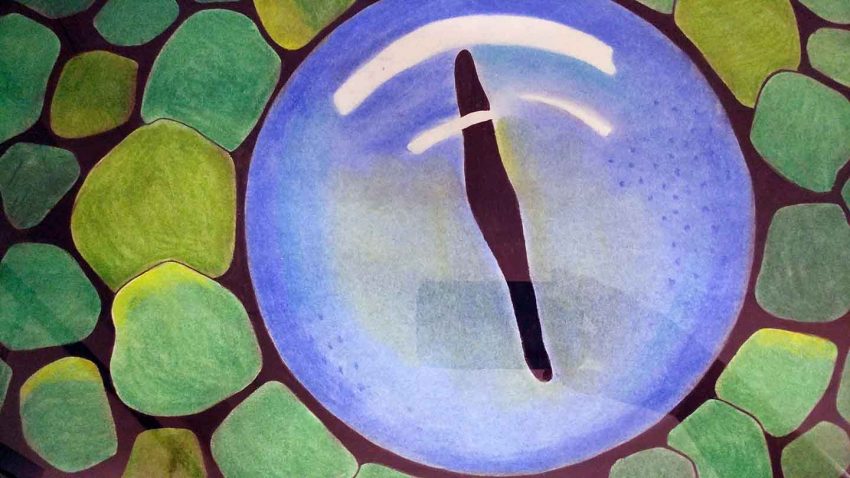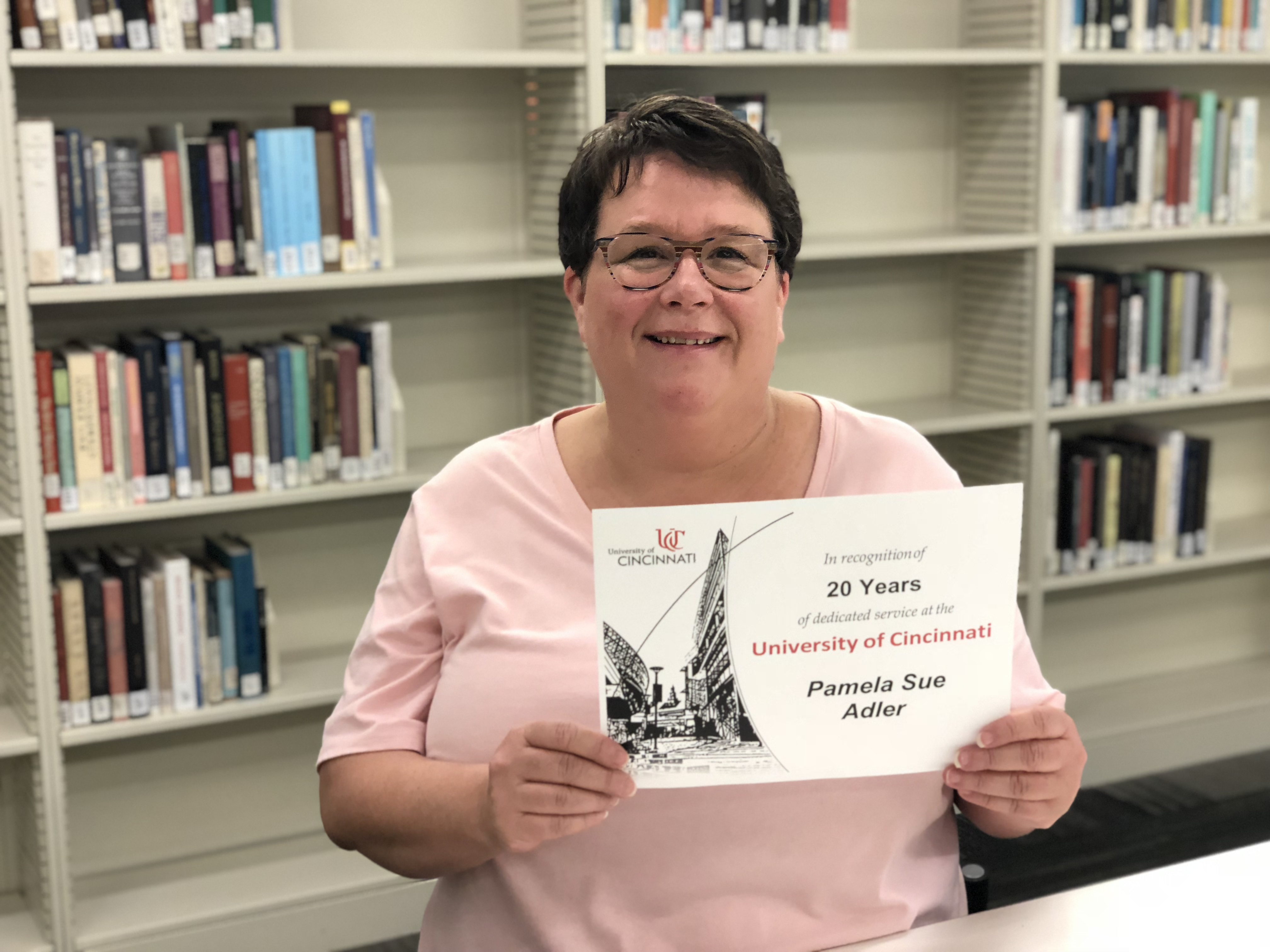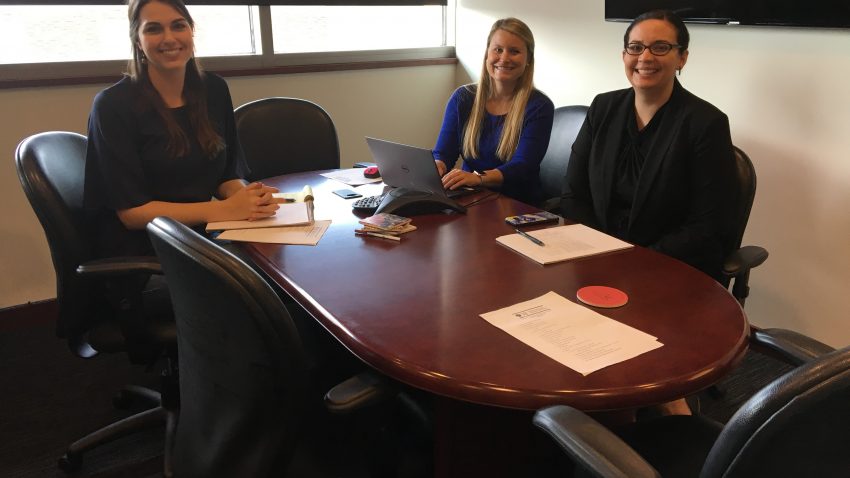Hispanic Heritage Month is observed from September 15th to October 15th to honor the contributions and influences of Hispanic and Latinx cultures on America. Please browse our materials on display on the 4th floor of the Walter C. Langsam Library all month and join us for presentations on Spanish and Hispano-Arabic culture.
On Thursday, September 27th, from 11:30am -12:30pm, professor Frederic Cadora and professor Grace Thome will present, “The Arabic Spice Road,” discussing how not only spices made their way to Europe from the Arab World, but also other goods—linguistic and cultural—that linked the two regions for centuries. The presentation serves as a sample of the course, “Hispano-Arabic Culture, Literature, Music, and Architecture/Art,” which will be offered in spring semester of 2019. Thyme pies and rolled grape leaves will be served to exemplify the delicious impact of Hispano-Arabic culture.
On Thursday, September 27th, from 2:00pm – 3:00pm, professor Maria-Paz Moreno will present, “Tasking Power: The Bittersweet History of Chocolate” about the fascinating history of chocolate and the origins of this food and the myths around it. This presentation serves as a sample of the course “Food and Culture of Spain,” which will also be offered in spring semester of 2019. You will get the chance to sample several kinds of chocolate and cacao beans from different parts of the world to experience the variety chocolate has to offer.
Sponsored by the University of Cincinnati Libraries, the presentations will be held in the Digital Commons space located in the back of the 4th floor of the Langsam Library. They are free and open to the entire UC community. We hope to see you there!

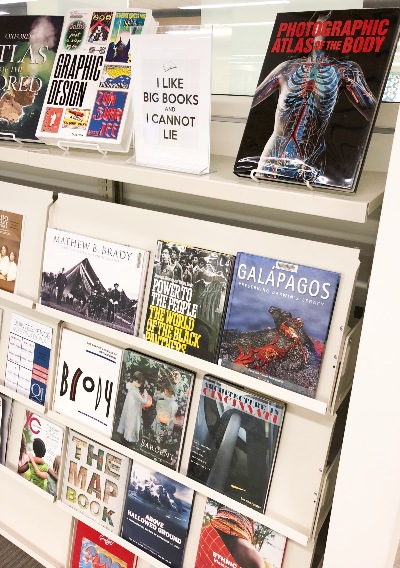 As the great Western philosopher Sir Mix-A-Lot might say when he goes to his library, “I like big books and I cannot lie.” OK, maybe he never said that, but you can when you have a look at a selection of your UCBA Library’s oversized books in-person or
As the great Western philosopher Sir Mix-A-Lot might say when he goes to his library, “I like big books and I cannot lie.” OK, maybe he never said that, but you can when you have a look at a selection of your UCBA Library’s oversized books in-person or 

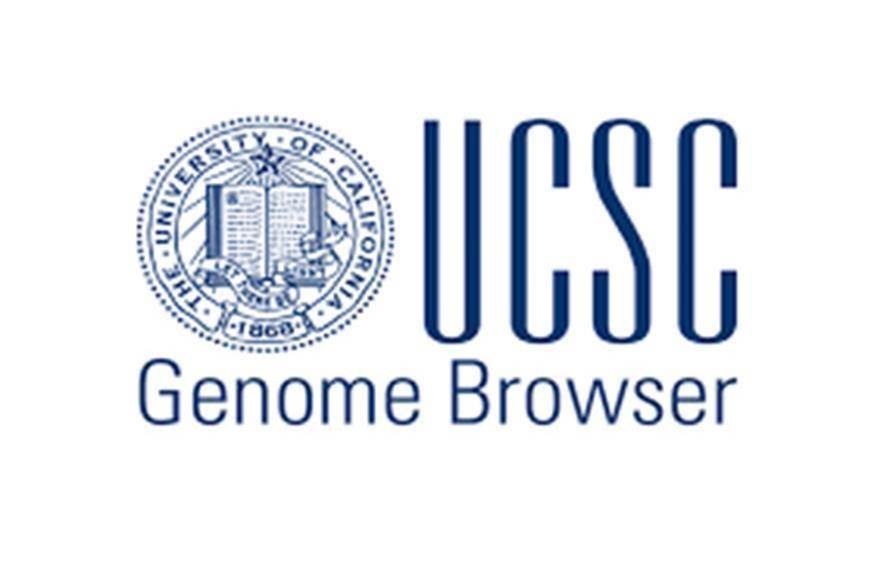
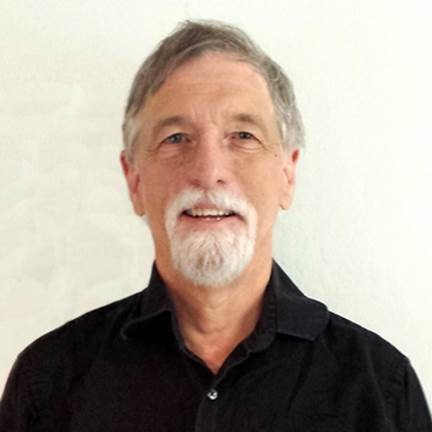

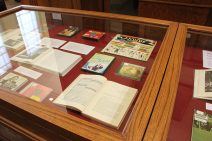 The exhibit was designed by UC Libraries communication co-op student Sophia Yu with assistance from co-op student Sam Kane. It was curated by Jenny Doctor, head of the CCM Library, and Paul Cauthen, assistant music librarian, and produced by Melissa Cox Norris, director of library communications.
The exhibit was designed by UC Libraries communication co-op student Sophia Yu with assistance from co-op student Sam Kane. It was curated by Jenny Doctor, head of the CCM Library, and Paul Cauthen, assistant music librarian, and produced by Melissa Cox Norris, director of library communications.